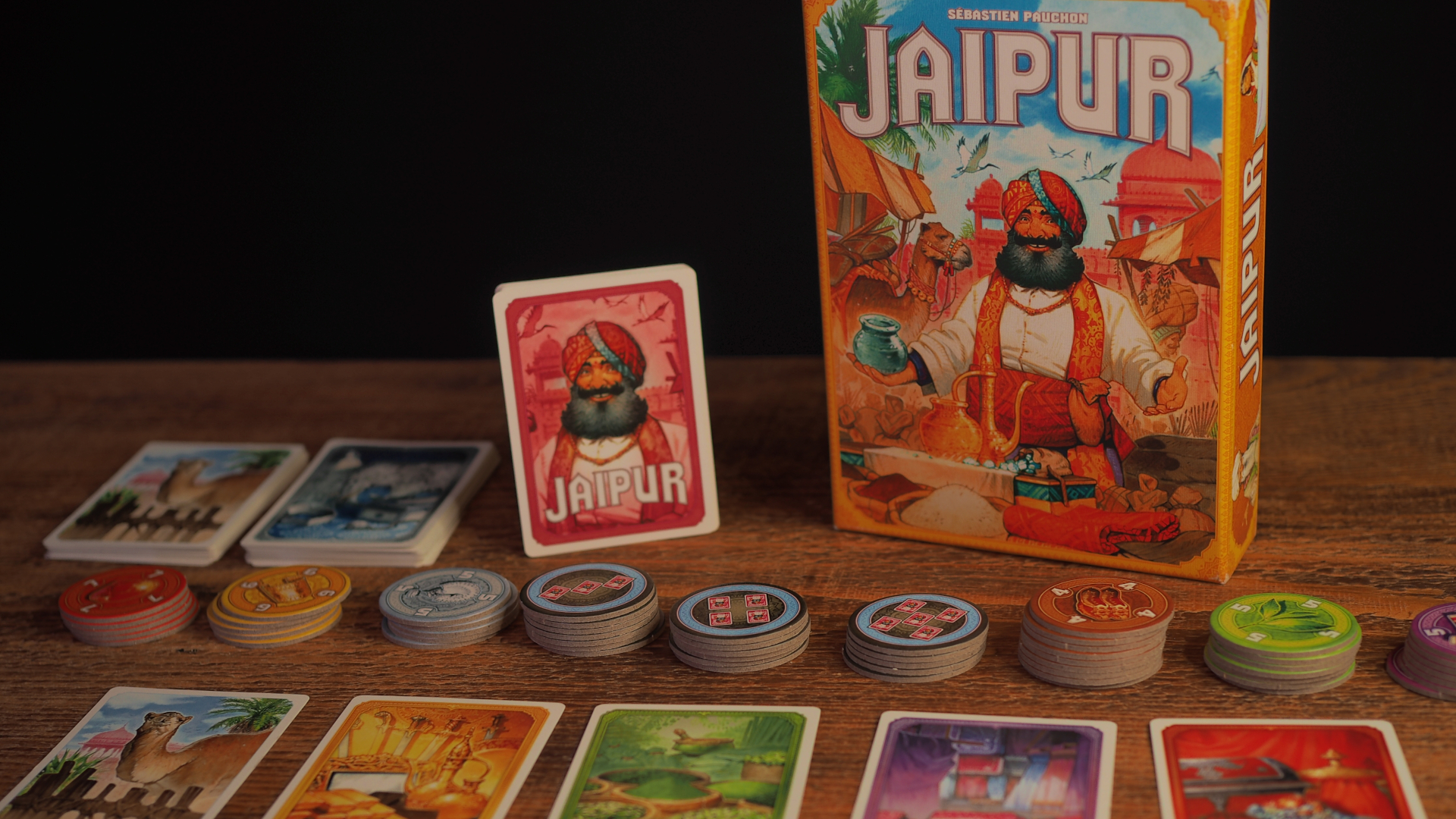GamesRadar+ Verdict
Pros
- +
Humorously weird
- +
Relaxing gameplay
- +
Trying to collect every item on the island
Cons
- -
No real point to the game
- -
Minigames are way too simple
- -
Its a slog if you dont like its humor
Why you can trust GamesRadar+ Our experts review games, movies and tech over countless hours, so you can choose the best for you. 澳洲幸运𒀰5开奖号码历史查询:Find out more about our reviews policy.
After I played a quick game of cards with Emma Stone, I fed Shigeru Miyamoto some spaghetti--his absolute favorite food. I then attended Samus and Link’s wedding, and had just enough time left to visit the beach and buy a rare lollipop. Afterwards, I headed to the mall to pick-up a bumblebee costume. This was merely one of my many random afternoons in Tomodachi Life, an oddly charming lifestyle game that pulls players in with its addictive gameplay and odd sense of humor. As you find purpose in the randomness of virtual life, Tomodachi Life becomes a great casual acquaintance: It's fun to hang out with in short bursts, even if✱ its promise of a deeper experience ultimately goes unfulfilled.
Tomodachi Life could be called a simulation, but it’s closer to a digital dollhouse. You f🐭ill a small island metropolis with dozens of personally designed Miis, each residing in their own apartment. They go about their days independent of your input; really, you're just there to watch over them like a god. You hand out food and gifts as you see fit, and d🉐ish out guidance when they ask for it. Early on, these interactions make for a mildly alluring power trip. The thrill of discovering which Miis prefer lobster to grits will keep you coming back at first, if only because of its quirky nature.

As fun as it is checking in on your Miis in their apartments each day, the real thrill comes from watching them interact with one another, and witnessing relationships naturally develop between them. While you play, more areas open up on the island, ๊giving your Miis new places to lounge around. Coffee shops and amusement parks provide new hang out spots for your Miis, acting as ideal locations for dates or even marriage proposals. Witnessing the simple arc of Mii relationships unfolding is the game's true narrative.

The core gameplay is the addictive cycle of buying a new item, giving it to a Mii, earning money based on how much they like the gift, then using that money to buy a new item and start the circle of Tomodachi Life all over again. Continually giving your Miis new items plays into a collector mentality that stokes your devotion to the game. You quickly become obsessed with daily check-ins to see what new food or clothes went on sale that morning. You fall into this habit not only to slowly inch your catalogue of items toward completion, but to also dole out those gifts to different Miis so you can gauge their reactions. How will I know if Bayonetta likes this skirt and suspeꩲnders combo if I don’t buy it for her?
Seeing your Miis react to some new event slowly builds their personality, gradually deepening your investment in the island’s population. For example, when I build Miis of Mario and Luigi for my island, it's cute to see th❀em walking around. But as I give them items, 🅘their reactions slowly develop into personalities. My Mario loves cheeseburgers and salads, while my Luigi has strange dreams about paint and getting lost on dark roads. These brief moments appear with little explanation--the Miis have no visible stats that explain why they like one food or activity more than another; but the lack of context makes your virtual friends feel nearly as unpredictable as real people.
Despite your investment in your population, it can occasionally feel shallow. There are no major goals to complete beyond buying every type of item imaginable and handing it to your Mii. After a couple dozen hours with Tomodachi Life you’ll have seen the silly little game run its course, and you might feel a little dissatisfied with the result. You spent all this time grooming the many Miis of your town, and for what? To buy every gift possible and then watch all your Miis get married and have children? But that pointlessness is the point.
Memories...
ꦬI got really attached to my townsfolk in Tomodachi life (that's me front and center). I came to know them all pretty ꧟well through our experiences together, so I may as well introduce you to my new digital pals.
Luigi and Mario
Mario loved that sombrero the moment꧋ I gave it to him, while Luigi got a part time job at a fashion store.
Zelda and Link
These two never connected the way I thought they ওwou♍ld, with Link marrying Samus instead.
Bayonetta and Chie from Persona 4
These two ended up best friends, though Ba൲yonetta usually preferred to stay home and 𒊎practice dancing.
Pro wrestler CM Punk and Frodo Baggins
CM Punk is a fu🎃n guy that loves coconuts. Meanwhile, Frodo is a bit of a sad sack that I sometimes avoided.
Everyone celebrating Mario's birthday
These guys couldn't get enough of each other.
Huh?
When I๊ asked Link to take a picture of something artsy for me, he gave me this with no explana𝄹tion.
Me, hanging with my friends
And he🥂re's a candid shot of me at the fountain with CM Punk, Reggie Fils-Aime, and Emma 🌸Stone--this wasn't long after Reggie planned a date for me and Emma. We're now a happily married couple
With no real story to speak of, Tomodachi’s randomness is its own reward. As you explore the island, you’re bombarded with humorously eccentric scenes, like a friendly rap contest in the park, a couple of Miis 🍒freestyle skateboarding, or an elaborate karaoke performance that you can set to your own lyrics. These tableaux are well-written enough tꦉo be endearingly oddball, and the moments are even more delightful thanks to the deadpan delivery of the Miis' automated, computerized voices. Scene after scene unpredictably pops up as you play, earning at the very least a few chuckles from the weirdness of it all. If you like Nintendo’s comedy in WarioWare or Rhythm Heaven, you’ll enjoy it in Tomodachi Life.
Sure, not every joke is a hit, and neither are the very limited minigames that surface throughout the game. A Mii will challenge you to a quick game a few times a day, and these sections are exceedingly simple, like matching playing cards or n🔯aming an object based on a silhouette. These are tiny diversions th🥂at would be light even in a downloadable game, but there’s undeniable humor in the games-within-a-game being so banal.

Ultimately, Tomodachi Life is a collection of hilarious little moments that create a me🐟morable experience totally unique from anyone else’s. You’ve shared so many good times with the Miis of your island that by the end, even as their silly antics become overly familiar, it’s still fun to visit them every now and again. Despite the mundane setting, Tomodachi Life’s amiable fun 🌄will become addicting to anyone looking for a slightly off kilter experience.

Tomodachi Life finds fun in the most mundane 🐻of activities, thanks to quirky style that makes hanging out with digital friends surprisingly engrossing.
More info
| Genre | Role Playing |
| Description | A life simulation RPG starring your Miis. |
| Platform | "3DS" |
| US censor rating | "Everyone" |
| UK censor rating | "" |
| Release date | 1 January 1970 (US), 1 January 1970 (UK) |
Henry Gilbert is a former GamesRadar+ Editor, having spent seven years at the site helping to navigate our readers through the PS3 and Xbox 360 generation. Henry is now following 🧸another passion of his besides video games, working as the producer a🐈nd podcast cohost of the popular Talking Simpsons and What a Cartoon podcasts.




